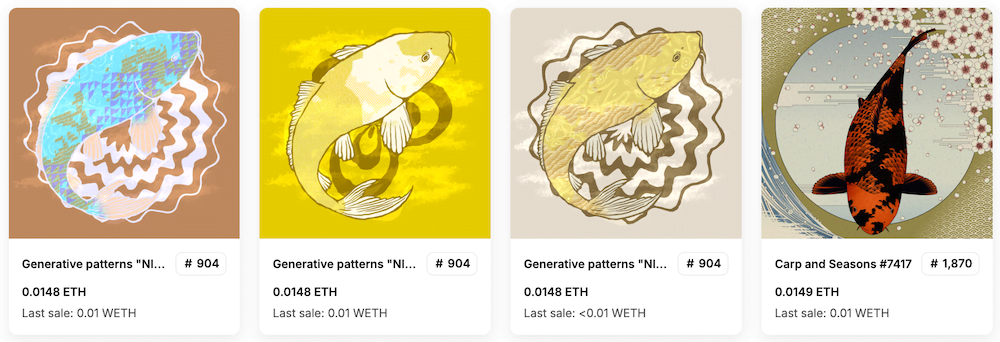Takeru Saito, Japan’s Minister of Economy, Trade, and Industry, announced tax reforms intended to nurture the growth of startups in the Web3 and blockchain sectors – a sign of Japan’s support for Web3 innovation.
The reforms were laid out during the WebX Conference, Tokyo’s largest event dedicated to cryptocurrencies. Saito used the occasion to reaffirm the Japanese government’s commitment to creating a favourable environment for innovation. The proposed plan aims to attract international businesses and developers, position Japan as a “new” global hub for Web3 advancements, and also help the development of startups.
Prime Minister Fumio Kishida envisions the integration of Web3 and blockchain technologies into Japan’s economic and social development strategies which called “new capitalism”. He considers them promising technologies that could help address some of the country’s most urgent social issues.
Kishida’s cabinet has laid out a broad Web3 strategy, of which this conference was a part, that encompasses not just economic measures but also a number of initiatives aimed at building out the infrastructure necessary for Web3-related tokens to function in Japan, as well as streamlining payment processes involving Web3 technologies. The government hopes that this will drive innovation across several sectors.
Japanese Prime Minister Fumio Kishida said at the WebX conference that Web3 and blockchain technology are positioned as the basis for solving social problems, implementing tax reforms and legal reforms to make it easier for Web3 startups to raise funds, and will work to create an…
— Wu Blockchain (@WuBlockchain) August 28, 2024
Addressing Social Challenges Through Web3 Innovation
At the WebX conference, Kishida said that Web3 and blockchain technologies are the foundation for solving social issues, adding that the government wants to use them for something beyond mere economic growth. Japan’s embrace of Web3 tech extends to addressing important social issues, especially in its rural areas.
A striking instance is the Neo-Yamakoshi project in Niigata, which shows how blockchain and non-fungible tokens (NFTs) are being used to revitalize communities suffering from demographic decline and economic stagnation.
Founded in 2021, the Neo-Yamakoshi Village project established the Nishikigoi NFT collection, inspired by colourful koi fish. The Nishikigoi serve as digital identifiers and governance tokens for the project’s residents. The project has welcomed almost 1,700 digital citizens and has accumulated over $423,000 to support local development.
By holding Nishikigoi, supporters can help govern the village’s decentralized autonomous organization (DAO) and make decisions that affect its community.

Japan’s Web3 Stance vs. U.S. Regulation: A Diverging Path
The proactive position Japan is taking on Web3 and blockchain technology contrasts sharply with the regulatory posture in the United States. While Japan works to create an environment that is friendly to innovation and uses blockchain technology as a lever to solve social problems, the U.S. is taking a more conservative and supposedly protective approach.
The recent action by the U.S. Securities and Exchange Commission (SEC) serves to highlight this. The SEC issued a Wells notice to Opensea, one of the largest NFT marketplaces. The notice suggests that the SEC is about to take enforcement action against Opensea.
In contrast, Japan’s stance shows a general openness to adopt new technologies and delve into their potential upsides, while other countries wrestle with the regulatory issues they raise.
By continuing to back the Web3 revolution with its tax reform and infrastructure development, Japan is positioning itself as a go-to place for innovation in this global Web3 scene. The difference between Japan’s and the U.S.’s embrace of Web3 might well become a defining characteristic of how each country successfully navigates the future of blockchain and digital assets.
Editor’s note: Written with the assistance of AI – Edited and fact-checked by Jason Newey.
-

Jason Newey is a seasoned journalist specializing in NFTs, the Metaverse, and Web3 technologies. With a background in digital media and blockchain technology, he adeptly translates complex concepts into engaging, informative articles.